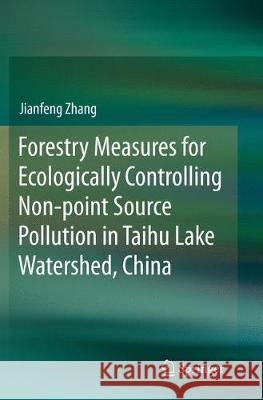Forestry Measures for Ecologically Controlling Non-Point Source Pollution in Taihu Lake Watershed, China » książka
topmenu
Forestry Measures for Ecologically Controlling Non-Point Source Pollution in Taihu Lake Watershed, China
ISBN-13: 9789811094613 / Angielski / Miękka / 2018 / 289 str.
Forestry Measures for Ecologically Controlling Non-Point Source Pollution in Taihu Lake Watershed, China
ISBN-13: 9789811094613 / Angielski / Miękka / 2018 / 289 str.
cena 402,53
(netto: 383,36 VAT: 5%)
Najniższa cena z 30 dni: 385,52
(netto: 383,36 VAT: 5%)
Najniższa cena z 30 dni: 385,52
Termin realizacji zamówienia:
ok. 16-18 dni roboczych.
ok. 16-18 dni roboczych.
Darmowa dostawa!
Kategorie:
Kategorie BISAC:
Wydawca:
Springer
Język:
Angielski
ISBN-13:
9789811094613
Rok wydania:
2018
Wydanie:
Softcover Repri
Ilość stron:
289
Waga:
0.43 kg
Wymiary:
23.39 x 15.6 x 1.65
Oprawa:
Miękka
Wolumenów:
01
Dodatkowe informacje:
Wydanie ilustrowane











